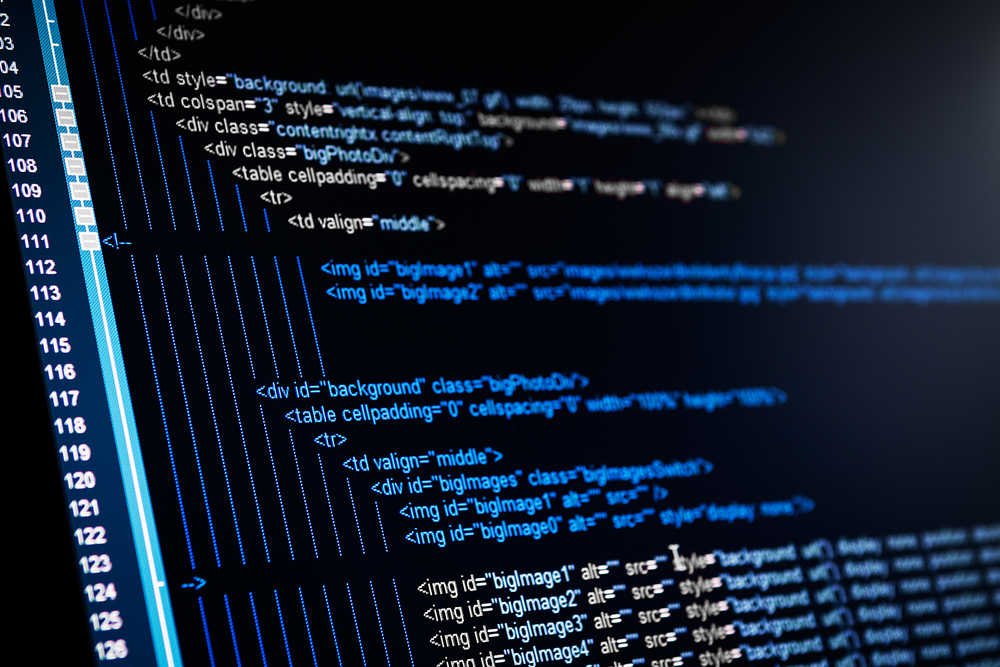The gaming industry has come a long way since I got my start in gaming with Diablo and Counter-Strike in the late ’90s. With the advent of virtual reality and the proliferation of virtual currencies, the gaming experience has evolved into something far greater in recent years. We no longer just have games, we have entire worlds — and real economies inside of them.
This is perhaps illustrated most famously by last summer’s World of Warcraft gold-stealing script incident. As gaming becomes more connected to the real world, so too do the consequences of bad actors looking to turn a quick profit. Just last week, hackers were back in the industry’s crosshairs with Microsoft’s move against Chinese hackers charged with stealing virtual currency.

Unlock premium content and VIP community perks with GB M A X!
Join now to enjoy our free and premium membership perks.
![]()

![]()